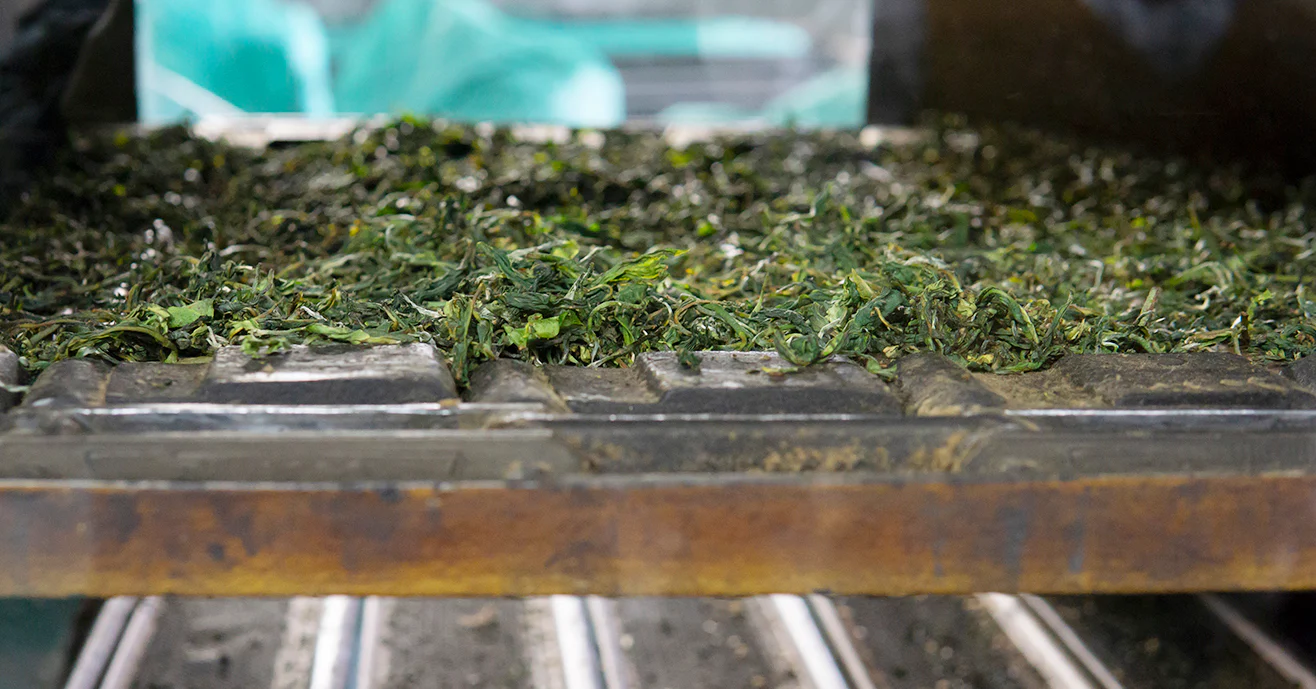Global Food Trade Analyzing the Impact of Tariffs on Agricultural Commodities
The global food trade is a complex network influenced by numerous factors, one of the most significant being tariffs. Tariffs, or taxes imposed on imported goods, can have profound effects on the trade of agricultural commodities, shaping market dynamics, influencing prices, and affecting both producers and consumers worldwide.
Economic Implications of Tariffs
Tariffs on agricultural commodities can lead to increased costs for importing countries. When a country imposes tariffs on imported food products, the immediate effect is a rise in the price of these goods. This price increase can have several downstream effects. For consumers, higher prices may lead to reduced consumption of certain imported foods, prompting a shift towards locally produced alternatives. However, for goods that are not easily substitutable, consumers may have to bear the higher costs, leading to increased living expenses. For producers in exporting countries, tariffs can reduce the competitiveness of their products in the global market. Higher prices due to tariffs can make their goods less attractive compared to those from countries not subject to such tariffs. This can lead to a decrease in export volumes, adversely affecting farmers and exporters who rely on international markets for their income.

Market Dynamics and Trade Relationships
Tariffs can also alter trade relationships and market dynamics. Countries subjected to high tariffs may seek alternative markets where their goods face lower barriers, thereby shifting trade flows. Conversely, countries imposing tariffs may look for new trading partners that can provide goods at lower costs, potentially altering long-standing trade relationships. This can result in a realignment of global food trade networks, impacting the stability and predictability of food supply chains.
Impact on Developing Economies
Developing economies often feel the brunt of tariffs more acutely. Many developing countries rely heavily on agricultural exports as a major source of income. Tariffs imposed by developed countries can hinder their access to lucrative markets, stifling economic growth and development. Moreover, higher food prices due to tariffs can exacerbate food insecurity in countries that depend on imports to meet their food needs.
Policy Responses and Mitigation Strategies
In response to the challenges posed by tariffs, countries may adopt various policy measures. Exporting countries might provide subsidies to their farmers to offset the negative impacts of tariffs, helping them remain competitive in the global market. Importing countries, on the other hand, might negotiate trade agreements to reduce or eliminate tariffs, facilitating smoother trade flows. International organizations such as the World Trade Organization WTO also play a crucial role in mediating tariff disputes and promoting fair trade practices. Through negotiations and agreements, the WTO aims to reduce trade barriers and ensure that global Rota das Índias food trade operates more efficiently and equitably.
